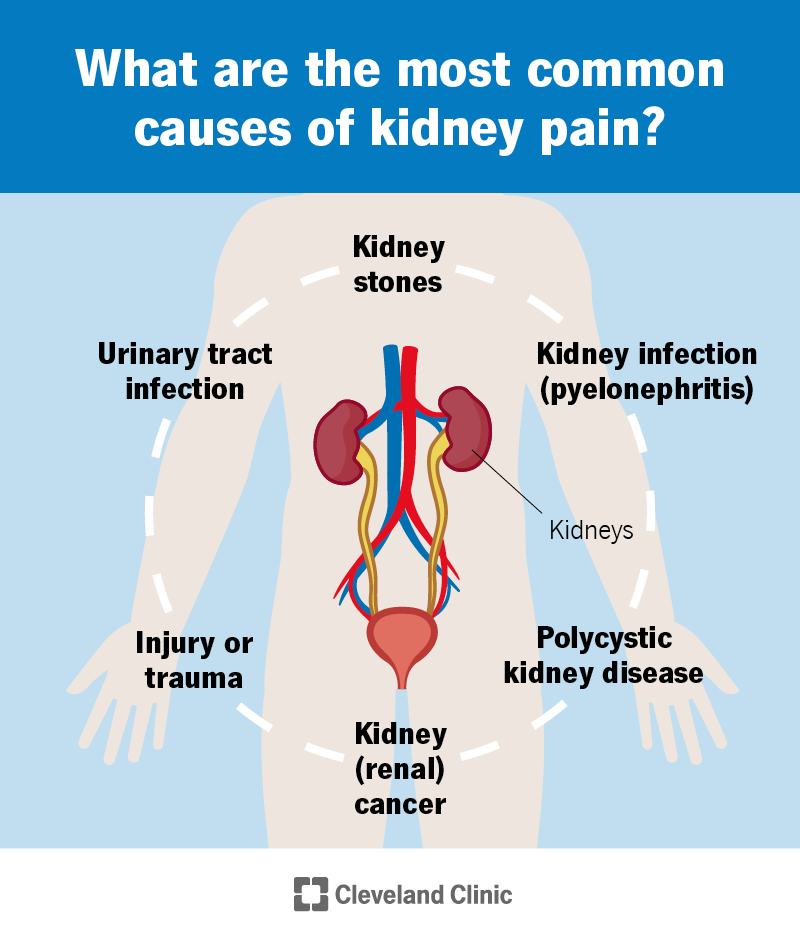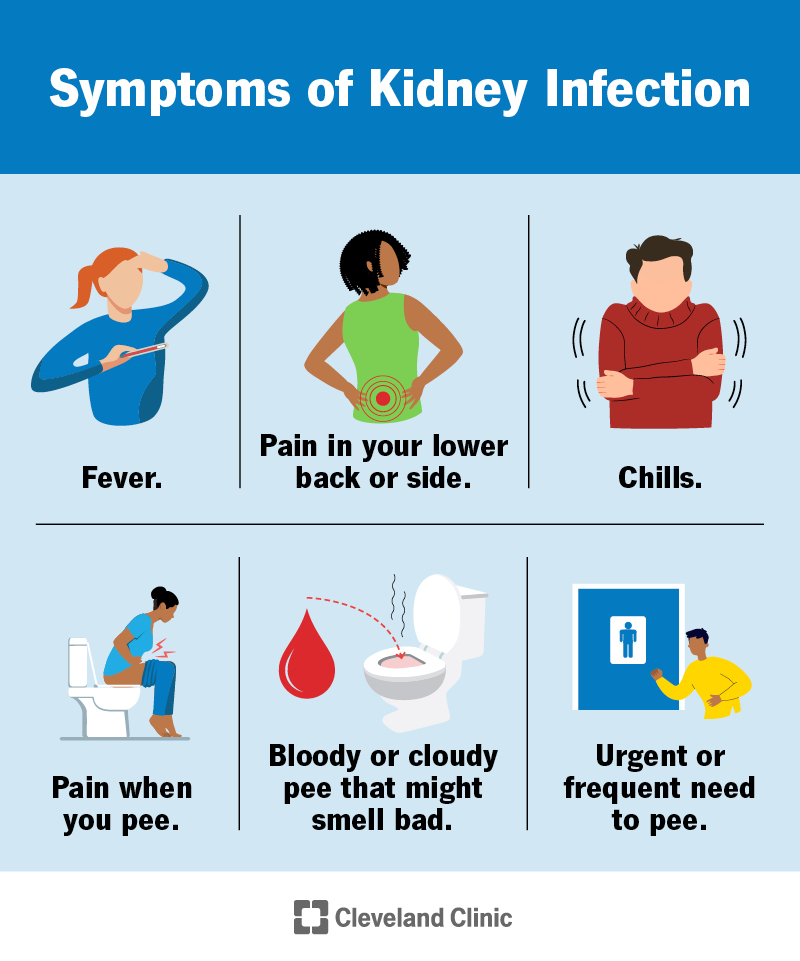Checking Out the Effects and Causes of Kidney Stones in Comparison to Urinary System Tract Infections: An In-depth Overview
The exploration of kidney rocks and urinary system tract infections (UTIs) exposes a complex interplay of signs and symptoms and underlying reasons that require mindful examination. While both conditions can bring about hematuria, they present unique professional features and occur from various etiological variables. Understanding the nuances of each problem is critical for effective diagnosis and administration. What are the vital differences in their symptoms, and exactly how might these notify therapy approaches? The answers to these concerns may supply essential understandings into the prevention and treatment of these common urological problems.
Review of Kidney Stones
Kidney rocks, likewise referred to as kidney calculi, kind when specific compounds in the urine crystallize and aggregate, resulting in the advancement of hard deposits within the kidneys. These rocks can differ in dimension, ranging from a grain of sand to a golf ball, and can be composed of numerous products, one of the most typical being calcium oxalate, uric acid, struvite, and cystine. The formation of kidney rocks is affected by a number of elements, including dietary behaviors, liquid intake, and genetic proneness.
Signs and symptoms of kidney rocks may consist of extreme pain in the back or side, blood in the urine, nausea or vomiting, and constant urination, particularly as the rock relocates through the urinary system system. Diagnosis generally entails imaging researches such as ultrasound or CT scans, together with urinalysis to identify the rock's structure.
Treatment alternatives vary based upon the size and kind of rock, as well as the severity of signs and symptoms (Kidney Stones vs UTI). Small rocks may pass normally with boosted fluid consumption, while larger rocks may call for medical treatments such as lithotripsy or surgical elimination. Comprehending the pathophysiology and risk variables connected with kidney rocks is necessary for effective prevention and administration
Overview of Urinary System Tract Infections
Urinary system infections (UTIs) are usual bacterial infections that affect any type of component of the urinary system, consisting of the kidneys, ureters, bladder, and urethra. They predominantly occur when germs, commonly from the stomach tract, enter the urinary system, leading to inflammation and infection.
The occurrence of UTIs is significantly greater in females than males, largely due to anatomical differences, such as a shorter urethra. Danger aspects consist of sex-related task, particular contraceptive approaches, urinary system retention, and dehydration. The medical diagnosis of UTIs is usually validated via pee examinations, which might reveal the presence of bacteria, white blood cells, or red blood cells.

Signs And Symptoms of Kidney Stones
The discomfort related to kidney stones can show up in numerous methods, typically leading individuals to look for clinical interest. One of one of the most usual signs is severe discomfort, commonly local in the lower back or side, which might emit to the abdomen or groin. This discomfort, commonly referred to as sharp or cramping, can happen suddenly and might change in intensity.
In addition, people may experience hematuria, or blood in the pee, which can range from tiny amounts to noticeable staining. This symptom might be gone along with by adjustments in urinary system habits, such as raised frequency or necessity, in addition to discomfort throughout urination. Nausea or vomiting and vomiting are additionally common, often arising from the body's reaction to intense pain.
In many cases, individuals might experience high temperature and chills, especially if a second infection develops because of the blockage triggered by the stones. Generally, the mix of severe pain, hematuria, transformed urinary system patterns, and intestinal signs can give significant insight right into the visibility of kidney rocks, requiring timely clinical examination and intervention. Comprehending these signs and symptoms is essential for timely medical diagnosis and reliable monitoring of the condition.
Symptoms of Urinary Tract Infections
Infections within the urinary tract typically offer an array of distinct signs and symptoms that can significantly impact day-to-day live. The most typical signs include a consistent desire to urinate, typically gone along with by a burning feeling during urination, referred to as dysuria. Individuals may also experience increased frequency of urination, generating percentages of pee each time.
Various other significant signs include cloudy or foul-smelling pee, which might suggest the existence of bacteria or pus. In many cases, pee might appear red or pink due to the visibility of blood, a problem referred to as hematuria. Additionally, individuals might experience pelvic pain or pressure, which can further aggravate the sensation of seriousness.
Systemic symptoms might likewise materialize, such as fever, cools, and tiredness, especially if the infection has actually ascended to the kidneys. It is important to recognize these signs and symptoms early, as without treatment urinary system infections can result in more extreme issues. Kidney Stones vs UTI. Prompt clinical interest is suggested when these signs are observed, enabling ideal diagnostic analysis and therapy to reduce pain and avoid more health concerns
Causes of Each Condition
Regularly, kidney stones and urinary system infections emerge from distinct yet often overlapping reasons that can affect individuals in a different way. Dehydration, not enough liquid intake, and high-sodium diet plans can worsen these problems, advertising crystallization within the urinary tract.

Understanding these distinctive reasons is vital for avoidance and treatment. Kidney Stones vs UTI. While lifestyle modifications might minimize the danger of kidney stones, appropriate health and timely treatment of urinary system infections are necessary for minimizing their reoccurrence and associated difficulties
Verdict
In summary, kidney stones and urinary system tract infections existing distinct signs and underlying reasons. Kidney stones are defined by severe pain and metabolic variables, while urinary system infections primarily include microbial infections leading to urinary seriousness and pain.
The exploration of kidney stones and urinary system system infections (UTIs) reveals a complicated interaction of symptoms and underlying reasons that necessitate careful assessment.Urinary system tract infections (UTIs) are typical microbial infections that influence any part of the urinary system, consisting of the kidneys, ureters, bladder, and urethra.Regularly, kidney stones and urinary tract infections develop from distinct yet in some cases overlapping dig this reasons that Discover More can influence people differently.In summary, kidney rocks and urinary system system infections present distinct signs and underlying reasons. Kidney rocks are identified by extreme pain and metabolic elements, while urinary tract infections mostly entail microbial infections leading to urinary system urgency and discomfort.